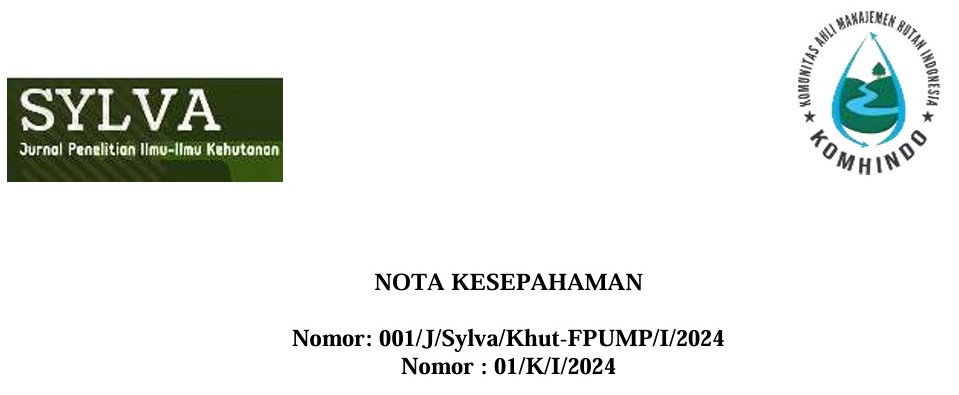IDENTIFIKASI HAMA DAN ANALISIS SERANGAN TERHADAP TANAMAN GAHARU (AQUILARIA.SP) DI PT. AGARWOOD BANGKA LESTARI PANGKAL PINANG
Agun Handika, Lulu Yuningsih, Asmaliyah Asmaliyah
Abstract
Agarwood is a non-timber forest products (NTFPs) with high economic value. Exploitation of these kinds of aloes large crops, causing the plants designated as endangered plants, hence the conservation and development was carried out by the ministry of forestry, and got high response and enthusiasm from the public. This study aims to determine what types of pests that attack plants Agarwood, knowing the intensity of the attacks and the level of damage, climate and weather conditions during the attack. Pests and plant diseases can slow plant growth and even death aloe plant. For example, diseases due to fungal attack which is not the establishment of a pig in a long time can kill plants. Moth pest and mealybug attacks are quite heavy, especially on the young aloe plant can lead plants become miserable so can result in death. Uret pests and termites are also quite dangerous because it causes damage to the roots and base of the tree, insect pests great impact on the success in the plant maintenance, let alone see the environmental conditions that support insect life. As for calculating the intensity of the attack qualitatively classified. (According to Untung, K). To determine the pattern of development of the pests do with charting the development trend of the percentage of attacks and intensity for 5 months, observations performed 5 times at intervals of 1 month observation.
DOI:
https://doi.org/10.32502/sylva.v5i1.427
Refbacks
- There are currently no refbacks.
Indexed by:






Contact Person:
Delfy Lensari, S. Hut, M. Si
Jurnal Sylva: Ilmu-ilmu Kehutanan
Forestry Program Study, Faculty of Agriculture, Universitas Muhamamdiyah Palembang
JL. Jend.A.Yani 13 Ulu Palembang, South Sumatra, Indonesia
Tel. (+62)711-511731; Email: jurnalsylvaump@gmail.com; Website: https://jurnal.um-palembang.ac.id/sylva

This work is licensed under a Creative Commons Attribution 4.0 International License






1.png)






